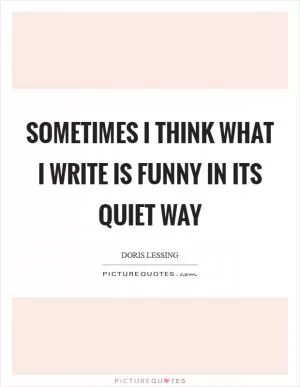Parents should leave books lying around marked 'forbidden' if they want their children to read

Parents should leave books lying around marked 'forbidden' if they want their children to read
Doris Lessing, a renowned British novelist and short story writer, once said, "A public library is the most democratic thing in the world. What can be found there has undone dictators and tyrants." This quote perfectly encapsulates the power of books and the importance of fostering a love for reading in children. In today's digital age, where distractions are abundant and attention spans are dwindling, it is more crucial than ever for parents to encourage their children to read.One interesting approach that some parents may consider is leaving books lying around marked as "forbidden" in order to pique their children's curiosity and entice them to read. This tactic may seem counterintuitive at first, as parents typically want to encourage their children to follow rules and respect boundaries. However, by labeling certain books as forbidden, parents can tap into their children's rebellious nature and spark their interest in exploring the unknown.
Doris Lessing, known for her provocative and thought-provoking works, understood the power of forbidden knowledge and the allure of the forbidden fruit. In her novel "The Golden Notebook," Lessing delves into themes of censorship, freedom of expression, and the complexities of human relationships. By leaving books marked as forbidden around the house, parents can emulate Lessing's approach and challenge their children to think critically, question authority, and explore new ideas.
Furthermore, by creating an air of mystery and intrigue around these forbidden books, parents can make reading a more exciting and enticing activity for their children. Instead of viewing reading as a chore or a task assigned by adults, children may come to see it as a thrilling adventure filled with forbidden knowledge and hidden treasures.












 Friendship Quotes
Friendship Quotes Love Quotes
Love Quotes Life Quotes
Life Quotes Funny Quotes
Funny Quotes Motivational Quotes
Motivational Quotes Inspirational Quotes
Inspirational Quotes